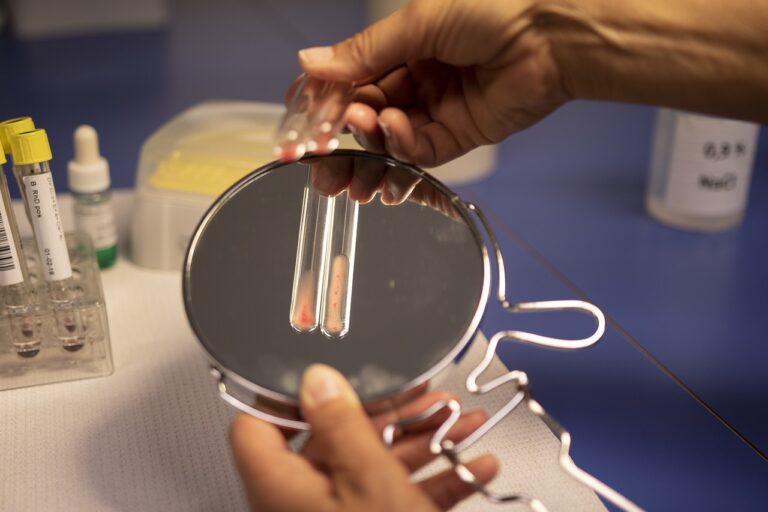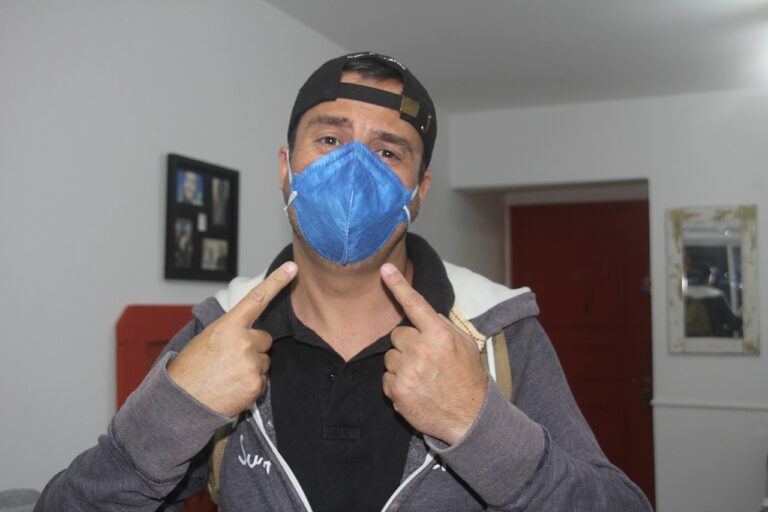Growth Hormone Therapy: Managing Side Effects Effectively: Allexchbet. Com, 99 exchange, Allpanel
allexchbet. com, 99 exchange, allpanel: Growth hormone therapy can be a game-changer for individuals who have growth hormone deficiencies or other medical conditions that require this treatment. However, like any medication, growth hormone therapy can come with some side effects that need to be managed effectively to ensure optimal results and minimize discomfort. In this article, we’ll explore some common side effects of growth hormone therapy and provide tips on how to manage them effectively.
Understanding Growth Hormone Therapy
Before we delve into the side effects of growth hormone therapy, let’s first understand what it is and how it works. Growth hormone is a naturally occurring hormone produced by the pituitary gland in the brain. It plays a crucial role in stimulating growth, cell reproduction, and regeneration.
In individuals with growth hormone deficiencies or other medical conditions, growth hormone therapy is prescribed to supplement or replace the natural growth hormone that the body is unable to produce. This therapy can help promote growth, increase bone density, and improve muscle mass.
Common Side Effects of Growth Hormone Therapy
Like any medication, growth hormone therapy can cause side effects. Some common side effects that individuals may experience include:
1. Swelling or fluid retention
2. Joint pain
3. Carpal tunnel syndrome
4. Headaches
5. Nausea
6. Fatigue
7. Increased insulin resistance
8. High blood sugar levels
While these side effects can be uncomfortable, they are usually mild and tend to diminish over time as the body adjusts to the therapy. However, it is essential to monitor these side effects closely and take steps to manage them effectively.
Managing Side Effects Effectively
Here are some tips on how to manage the side effects of growth hormone therapy:
1. Work closely with your healthcare provider: It is crucial to communicate any side effects you may be experiencing with your healthcare provider. They can offer guidance on how to manage these side effects and may adjust your treatment plan if necessary.
2. Stay hydrated: Drinking plenty of water can help reduce fluid retention and swelling that may occur as a side effect of growth hormone therapy.
3. Maintain a healthy diet: Eating a balanced diet rich in fruits, vegetables, whole grains, and lean proteins can help support your overall health and may help alleviate some side effects of growth hormone therapy.
4. Exercise regularly: Regular physical activity can help improve joint pain, increase bone density, and reduce fatigue that may be associated with growth hormone therapy.
5. Manage stress: Stress can exacerbate side effects of growth hormone therapy. Practice stress-reducing techniques such as meditation, deep breathing, or yoga to help manage stress levels.
6. Monitor blood sugar levels: Growth hormone therapy can increase insulin resistance and lead to high blood sugar levels. Monitor your blood sugar levels regularly and follow your healthcare provider’s recommendations for managing this side effect.
FAQs:
Q: How long do side effects of growth hormone therapy typically last?
A: Side effects of growth hormone therapy often subside within a few weeks as the body adjusts to the treatment. However, it is essential to monitor these side effects and consult with your healthcare provider if they persist or worsen.
Q: Can children experience side effects of growth hormone therapy?
A: Yes, children can experience side effects of growth hormone therapy. It is important for parents to monitor their child’s symptoms closely and communicate with their healthcare provider to ensure proper management of any side effects.
Q: Are there any long-term side effects of growth hormone therapy?
A: While growth hormone therapy is generally safe and well-tolerated, some individuals may experience long-term side effects such as increased risk of certain cancers or cardiovascular issues. It is essential to discuss any concerns with your healthcare provider.
In conclusion, growth hormone therapy can be a beneficial treatment option for individuals with growth hormone deficiencies or other medical conditions. By understanding common side effects and implementing strategies to manage them effectively, individuals can experience the benefits of growth hormone therapy while minimizing discomfort. Remember to work closely with your healthcare provider throughout your treatment journey to ensure the best possible outcomes.







